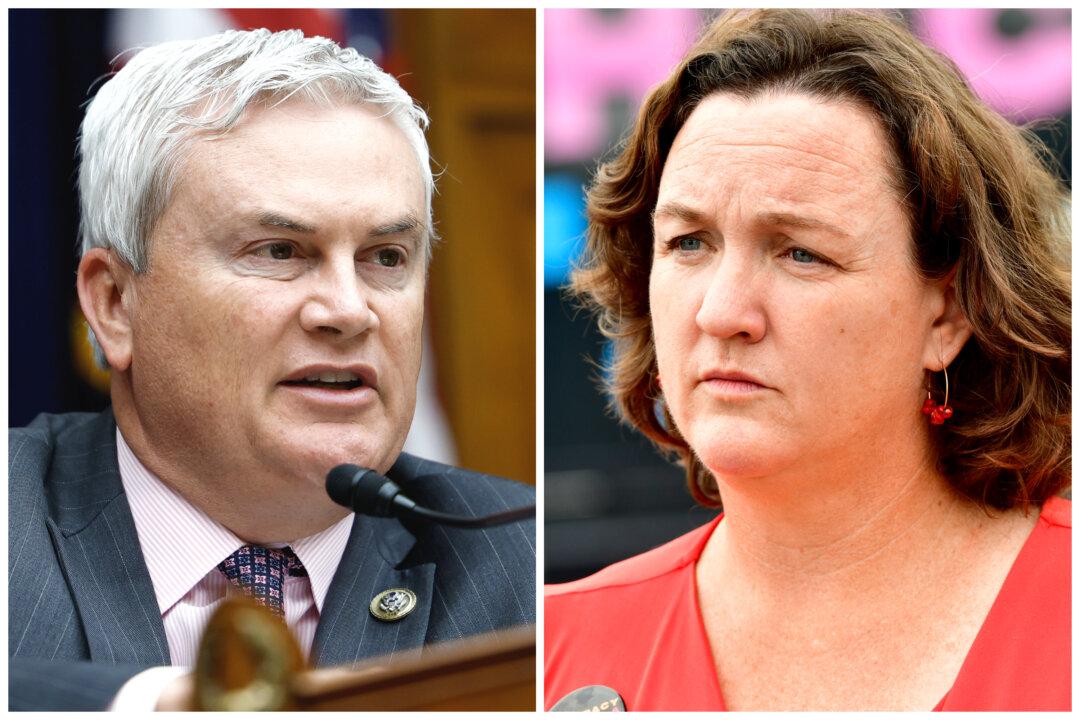House Oversight Committee Chairman James Comer (R-Ky.) and Rep. Katie Porter (D-Calif.) announced a bipartisan proposal to set new standards for how U.S. presidents and vice presidents disclose their tax information.
The bill—dubbed the “Presidential Ethics Reform Act”—would require presidents and vice presidents to disclose their tax returns, as well as various foreign payments, gifts of more than $10,000 in value, and loans they’ve taken for the two years before entering the White House, during their time in office, and the two years after they leave office.





